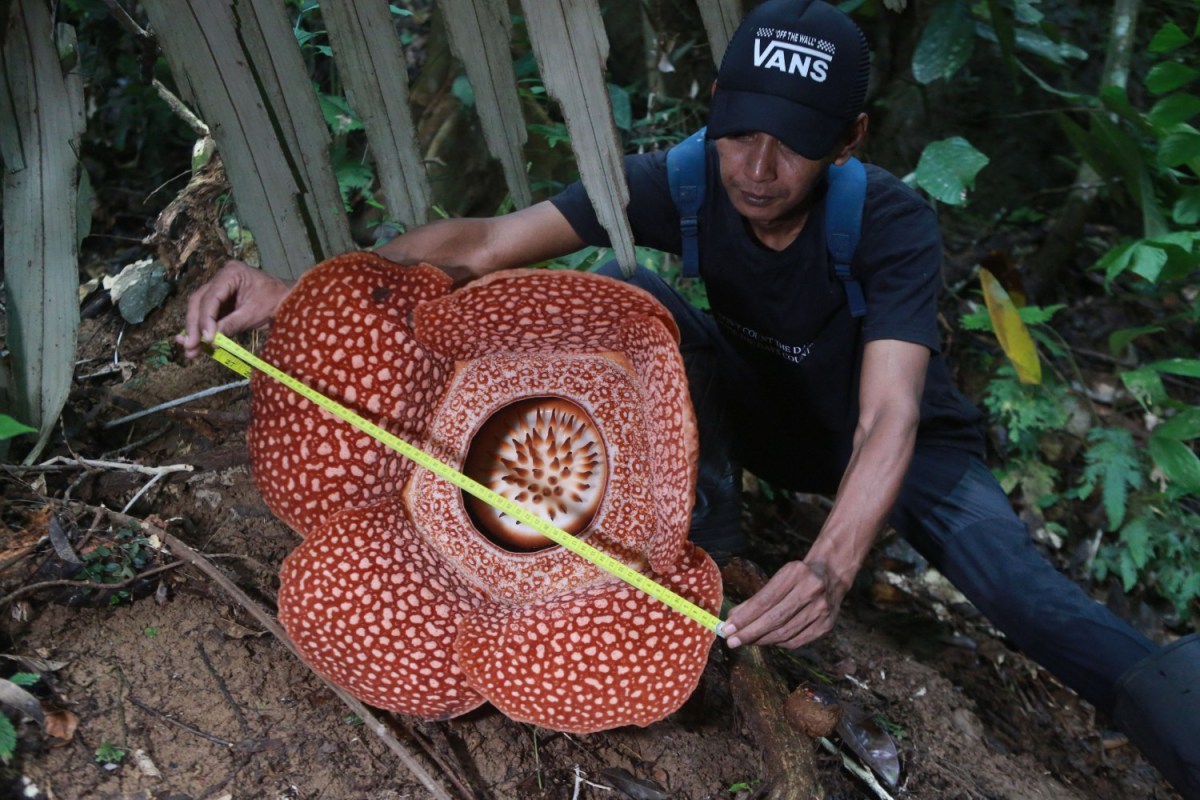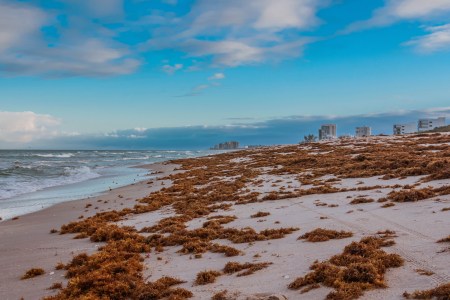Whoever coined the phrase “stop and smell the flowers” didn’t spend a lot of time around corpse flowers. (Alternately, perhaps they did and they just didn’t care for the person who they initially said it to.) Corpse flowers — including the massive blossoms seen in botanical gardens around the world as well as multiple flowers in the genus Rafflesia — are known both for their distinctive blossoms and for the fact that they smell, well, like dead things.
The stench produced by flowers in the Rafflesia family did not involve to spite humans, however — instead, the smell that comes from the flowers draws in flies, which handle pollination duties for the plants. As with a wide variety of living beings — animals and plants alike — a number of Rafflesia plants are currently facing an existential threat.
A paper recently published at the journal Plants, People, Planet makes a convincing argument that conservation efforts related to Rafflesia plants need to be stepped up. (As Margaret Osborne notes in a recent Smithsonian Magazine article, only one plant in the family is currently considered endangered.) “We estimate that 60% of Rafflesia species face a severe risk of extinction (equivalent to Critically Endangered [CR]),” the paper’s authors wrote.
That’s not the only potential issue that they cite. They also noted that “we predict that at least 67% of known habitats fall outside protected areas, exacerbating their vulnerability.”
A Gigantic, Disgusting Blob of Seaweed Is Taking Aim at Florida
At 5,000 miles wide, it could be the largest of its kind. Here’s when it’s set to land.The paper’s authors connect the threats to Rafflesia to another ongoing environmental trend: the loss of forests throughout Asia. As the study points out, there have been laudable efforts by individuals, governments and communities to preserve these massive flowers. Could larger and more coordinated efforts do more? That’s among the reasons that their paper — which includes calls for an uptick in propagation efforts and an increase in ecotourism — exists.
Thanks for reading InsideHook. Sign up for our daily newsletter and be in the know.


















